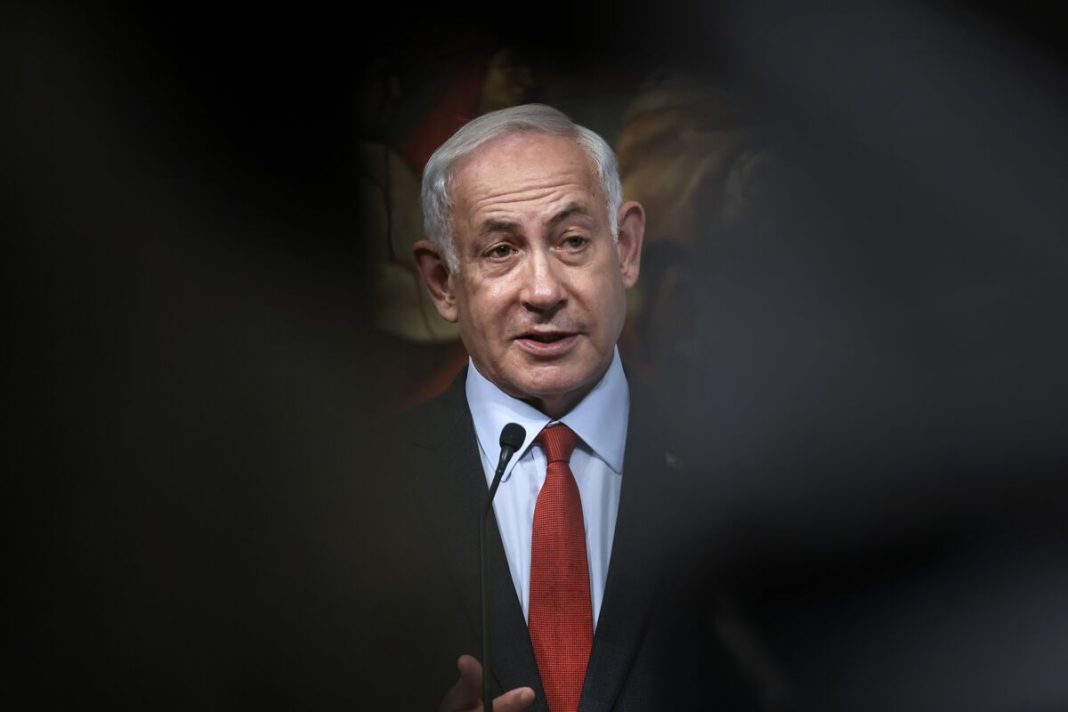Wednesday’s symbolic declaration, issued during Israel’s war on Gaza, also received backing from members of the opposition with 99 of 120 lawmakers voting in support, a Knesset spokesperson said.
The Israeli position is that any permanent accord with the Palestinians must be reached through direct negotiations between the two sides and not by international dictates.
That is despite Netanyahu openly stating his opposition to a Palestinian state, and presenting himself to the Israeli public as a bulwark against any such state. No talks on Palestinian statehood talks have been held since 2014, when Israel refused to accept a state encompassing all of the Palestinian territory illegally occupied by Israel.
“The Knesset came together in an overwhelming majority against the attempt to impose on us the establishment of a Palestinian state, which would not only fail to bring peace but would endanger the state of Israel,” Netanyahu stated.
The vote was condemned by the Palestinian Ministry of Foreign Affairs and Expatriates, which accused Israel of holding the rights of the Palestinian people hostage by occupation of territories where Palestinians seek to establish a state.
“The ministry reaffirms that the State of Palestine’s full membership in the United Nations and its recognition by other nations does not require permission from Netanyahu,” it announced in a statement.
Little progress has been made towards achieving a two-state solution – establishing a Palestinian state in the occupied West Bank and in Gaza alongside Israel – since the signing of the interim Oslo Accords in the early 1990s.
Among the obstacles impeding Palestinian statehood are expanding illegal Israeli settlements in territories Israel captured in the 1967 Arab-Israeli War. The settlements, which in many areas cut Palestinian communities off from each other, are regarded as a violation of international law.
The two-state solution has long been a core Western policy in the region. Since the outbreak in October of the latest Gaza war, the United States has been trying to promote steps towards the creation of a Palestinian state as part of a broader Middle East deal that would include Saudi Arabia and other Arab states officially normalising relations with Israel.
However, many critics point out that Israel’s actions towards Palestinians – most notably the expansion of the settlements – has made any prospect of a sovereign Palestinian state impossible and a one-state future, whether that be a continuation of the occupation or a state with equal rights for all, more of a reality.
